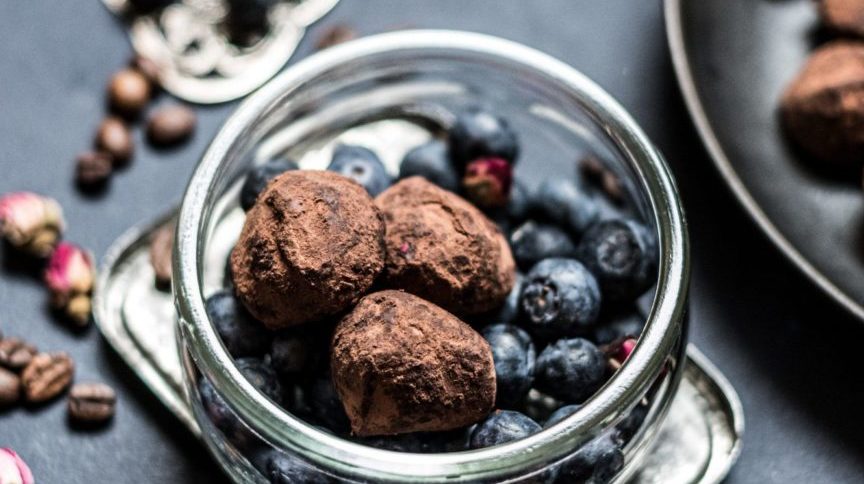Intestinal permeability, here are the bowel-saving foods
It is called “leaky gut syndrome” and you may have heard of it or have heard of “leaky gut” or “leaky gut syndrome”.
Leaky gut, what is leaky gut?
It is a problem of difficult scientific classification and classification, which always starts from a problem of intestinal dysbiosis. Intestinal dysbiosis can create an alteration of the intestinal epithelium following inflammation, excessive fermentation, bacteria that damage it, phenomena such as non-celiac gluten sensitivity, etc.
This alteration means that the intestine no longer acts as a barrier against pathogens and other substances that therefore reach the blood.
A large number of studies have recently come out that focus on dietary or supplementation interventions. However, anyone who believes they suffer from leaky gut syndrome must first have a confirmation of the diagnosis. How?
By consulting your doctor and doing the exams with specialists, generally in gastroenterology, allergology, internal medicine.
Leaky gut and zonulin
For example, a key role is played by zonulin, a protein produced by intestinal cells that regulates intestinal permeability and acts as a hormone. Some gastrointestinal disorders are related to an excess of zonulin production. Others, such as leaky gut syndrome, to its reduction. The regulation of zonulin has genetic causes and is measured by blood and fecal tests.
New studies have then focused on “gut-saving” foods that reduce symptoms and can improve intestinal permeability by regulating the activity of bacteria and reducing the inflammatory state. They also help stem the possible damage from high or low zonulin.

Intestinal permeability, here are the bowel-saving foods
In fact, two new studies by the research team in biomarkers of the University of Barcelona and the CIBERFES center, led by Dr. Cristina Andrés-Lacueva, have shown that a specific diet, the PR diet (= diet rich in polyphenols) it is useful in the treatment of leaky gut syndrome.
The diet is based on the consumption of three daily portions of fruit including red fruits (black and red cranberries, currants), pomegranate and pomegranate juice, apples and oranges, and on the addition of cocoa, dark chocolate and green tea. Patients who have been on the PR diet for at least 8 weeks have found significant improvements in intestinal permeability .
See also: the diet of specific carbohydrates against intestinal malabsorption.
























+ There are no comments
Add yours